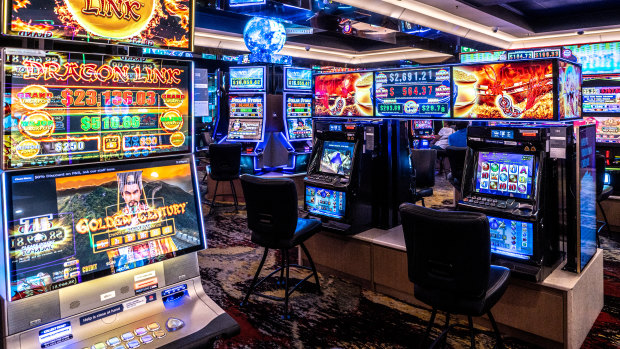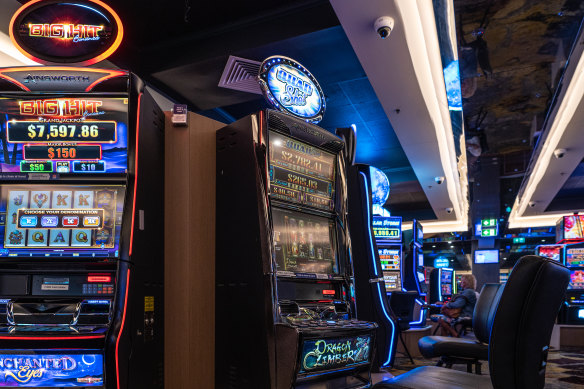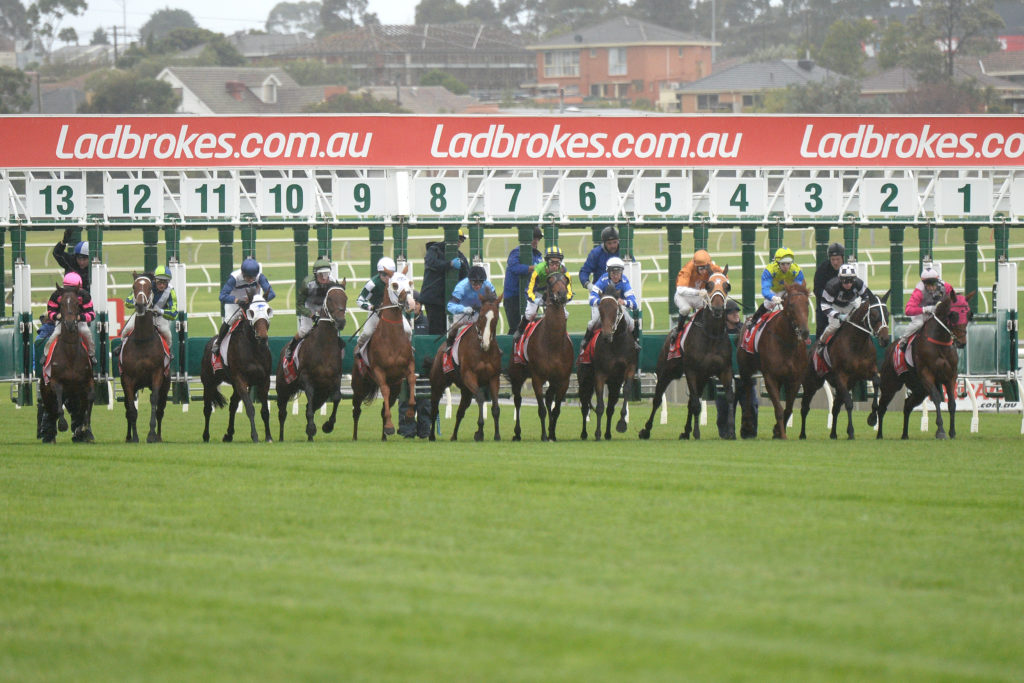NSW Residents Missed Out on $1 Billion in Tax Revenue Due to Gambling Concession
Last year, residents of New South Wales (NSW) missed out on an estimated $1 billion in tax revenue as a result of the gambling concession given to registered clubs. This represents a 25% increase from the previous year.
According to state budget papers, expenditure on the gambling tax concession is expected to surpass the billion-dollar mark in 2022-23 and continue to increase in 2023-24. These figures come more than a decade after the federal government’s top economic advisers warned that there were “strong grounds” for scaling back the concession.
Clubs pay roughly half the gaming tax paid by hotels.Credit: Flavio Brancaleone
Review of the ClubGrants Scheme
The NSW government recently released a discussion paper on the effectiveness of the ClubGrants scheme, which allows clubs to claim an additional tax break for providing grants to community groups. The figures mentioned earlier provide important context for this review.
Currently, NSW clubs pay a lower tax rate compared to hotels. They pay 26.55% tax on gambling profits over $5 million and a lower rate on smaller profits. Additionally, they do not pay any tax on gaming machine revenue up to $250,000. In contrast, hotels pay higher tax rates on their gambling profits.
The Debate Over Concessions for Clubs
The concession given to NSW clubs is intended to recognize their role in the community, including the provision of sporting facilities and opportunities for volunteering. However, the Productivity Commission argued in 2010 that these concessions should be significantly reduced and the revenue allocated to universal measures such as infrastructure and healthcare.
The commission’s findings suggested that community sports and volunteering would not be negatively impacted by reducing the concessions. In fact, jurisdictions with fewer poker machines and less dependence on gambling revenue had similar or higher participation rates in these activities compared to states with more machines.
The commission concluded that the large tax concessions enjoyed by clubs, particularly in NSW, could not be justified based on the realized community benefits.
Response from ClubsNSW
A spokeswoman for ClubsNSW defended the concessions, highlighting that clubs already contribute significantly to the community through taxes and the provision of low-cost facilities. She also pointed out that many for-profit companies do not pay income tax.
Acting NSW Treasurer Courtney Houssos did not directly comment on the gambling tax concession but emphasized the importance of reviewing the ClubGrants scheme to ensure it delivers value for money to the people of NSW.
Expert Opinion on Concessions
Ralph Lattimer, who led a research group on this issue, expressed concerns about the lack of accountability and transparency in clubs’ operations. He argued that clubs should be subject to similar accountability measures as government entities.
Gambling researcher Charles Livingstone highlighted the shift in the club industry with the introduction of electronic gaming machines, leading to increased profits and a need for reevaluating the concessions.
Conclusion
The debate over gambling tax concessions for clubs in NSW continues, with arguments for both reducing and maintaining the current concessions. The review of the ClubGrants scheme will play a crucial role in determining the future of these concessions and their impact on the community.
About the Author
“As a game enthusiast and advocate for responsible gambling, I believe it is important to critically examine the impact of tax concessions on clubs in NSW. While recognizing the contributions clubs make to their communities, it is essential to ensure transparency and accountability in their operations. The discussion paper on the ClubGrants scheme provides an opportunity for stakeholders to voice their opinions and shape the future of these concessions.”

George Barham, an accomplished journalist and avid gambling enthusiast, serves as the esteemed Editor-in-Chief at fly-to-australia.com, Australia’s leading source for comprehensive gambling news and insights. With an unwavering passion for both the written word and the ever-evolving world of betting and gaming, George brings a wealth of knowledge and expertise to the helm of our editorial team.




